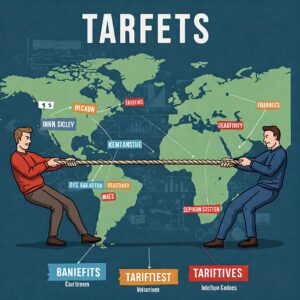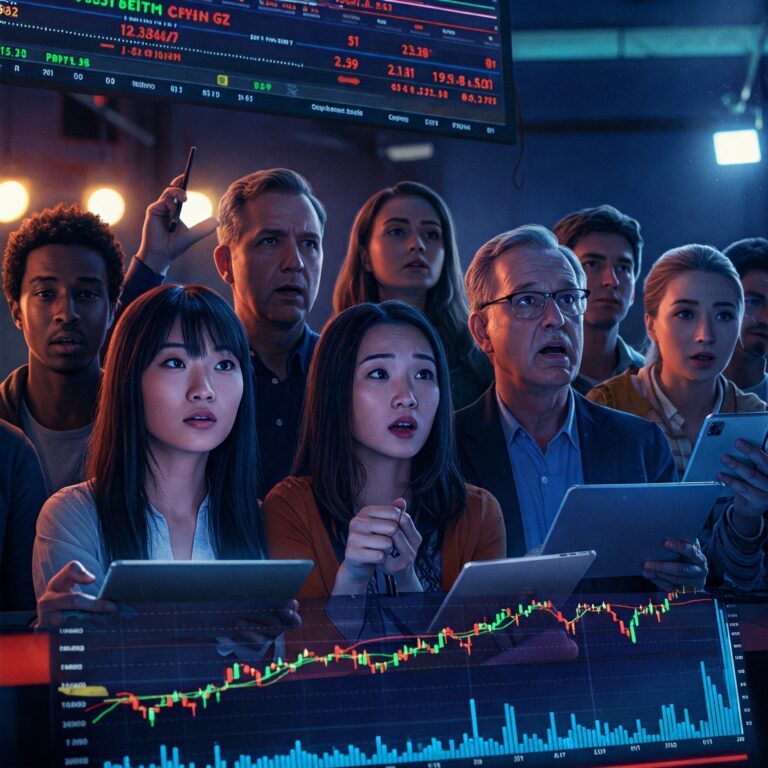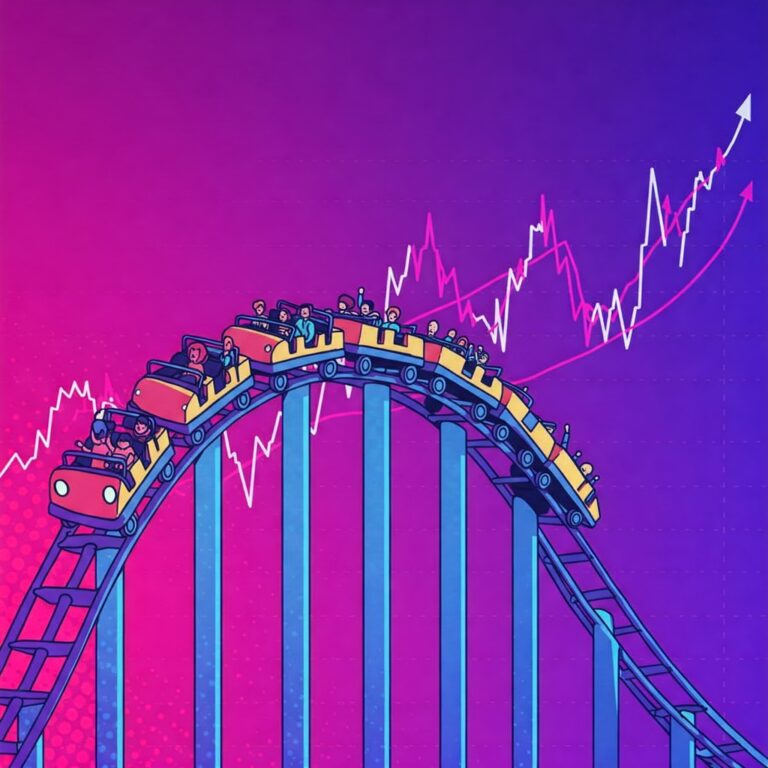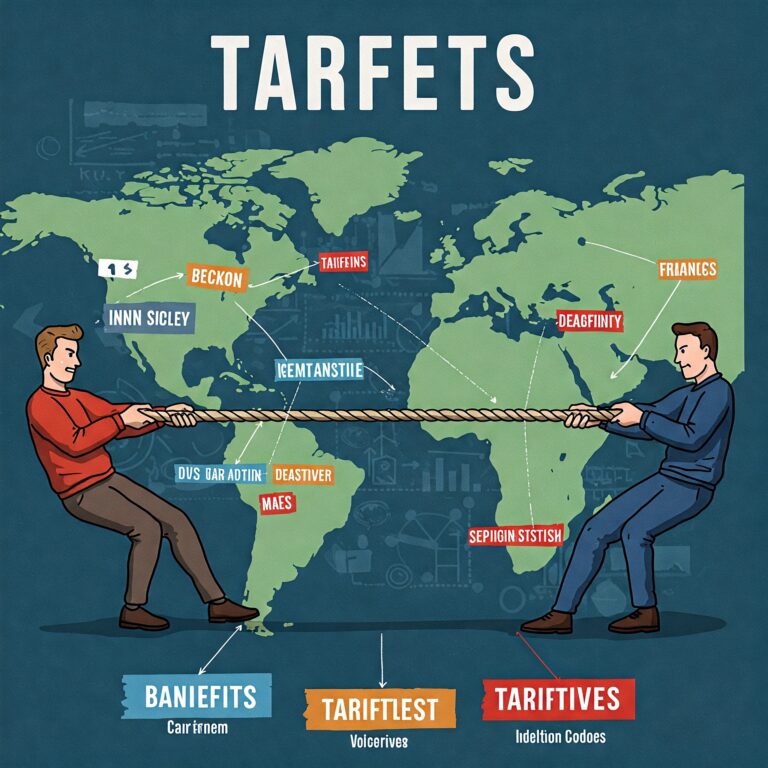
The specter of new tariffs looms over the global economy, creating both anxiety and opportunity for investors. As governments consider implementing or escalating trade barriers, understanding the potential impact on various market sectors becomes crucial. This post will analyze the potential winners and losers in a tariff-driven environment, offering insights to help investors navigate this complex terrain.
The Broad Economic Impact
- Increased Uncertainty: Tariffs inject uncertainty into the market, potentially leading to decreased business investment and slower economic growth. Analysts estimate that every five-percentage-point increase in the US tariff rate could reduce S&P 500 earnings per share by roughly 1-2%.
- Inflationary Pressures: Because tariffs are essentially import taxes, they are often passed on to consumers, leading to higher prices. Economists are forecasting an uptick in inflation due to potential new tariffs.
- Consumer Sentiment: Increased prices and economic uncertainty can negatively impact consumer sentiment, potentially leading to decreased spending.
(Section 2: Sector-Specific Analysis)
- Automotive Industry: The automotive industry is particularly vulnerable to tariffs, with potential for increased costs and decreased sales. Reports indicate that automotive manufacturer stocks fell sharply following the announcement of potential auto tariffs.
- Technology Sector: Companies with high foreign revenue exposure may face challenges.
- Energy Sector: The energy sector’s performance could be influenced by tariffs, depending on trade agreements and global energy demand.
- Materials and Industrials: These sectors may see mixed impacts, with potential benefits from domestic production increases but risks from higher input costs.
Investment Strategies for Tariff Uncertainty
- Diversification: Spreading investments across different asset classes and sectors can help mitigate risk in a volatile market.
- Focus on Value: Companies with strong fundamentals and solid balance sheets may be better positioned to weather economic uncertainty.
- Consider Bonds: In periods of uncertainty, developed market bonds can offer a degree of stability.
- Long-Term Perspective: Investors should maintain a long-term outlook, focusing on companies that can adapt to changing economic conditions.
Navigating the tariff terrain requires a careful and informed approach. While tariffs present challenges, they also create opportunities for astute investors. By understanding the potential sector-specific impacts and adopting appropriate investment strategies, it’s possible to manage risk and potentially capitalize on market shifts.




